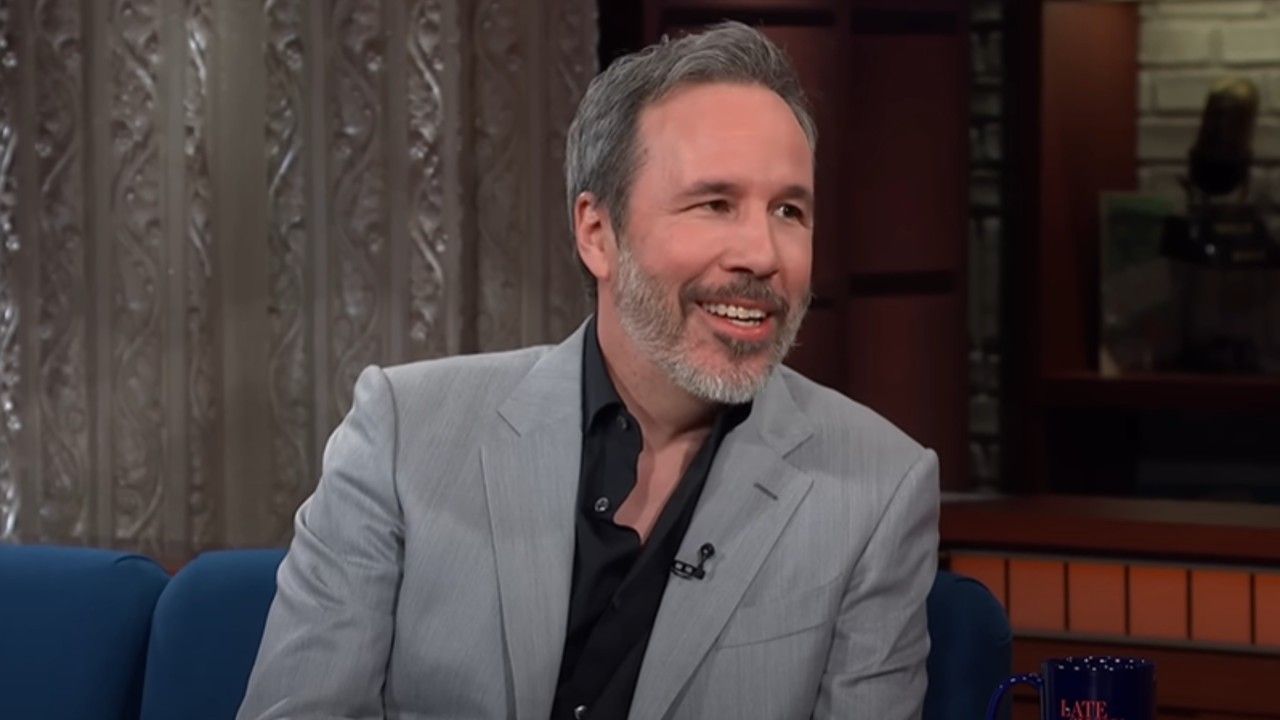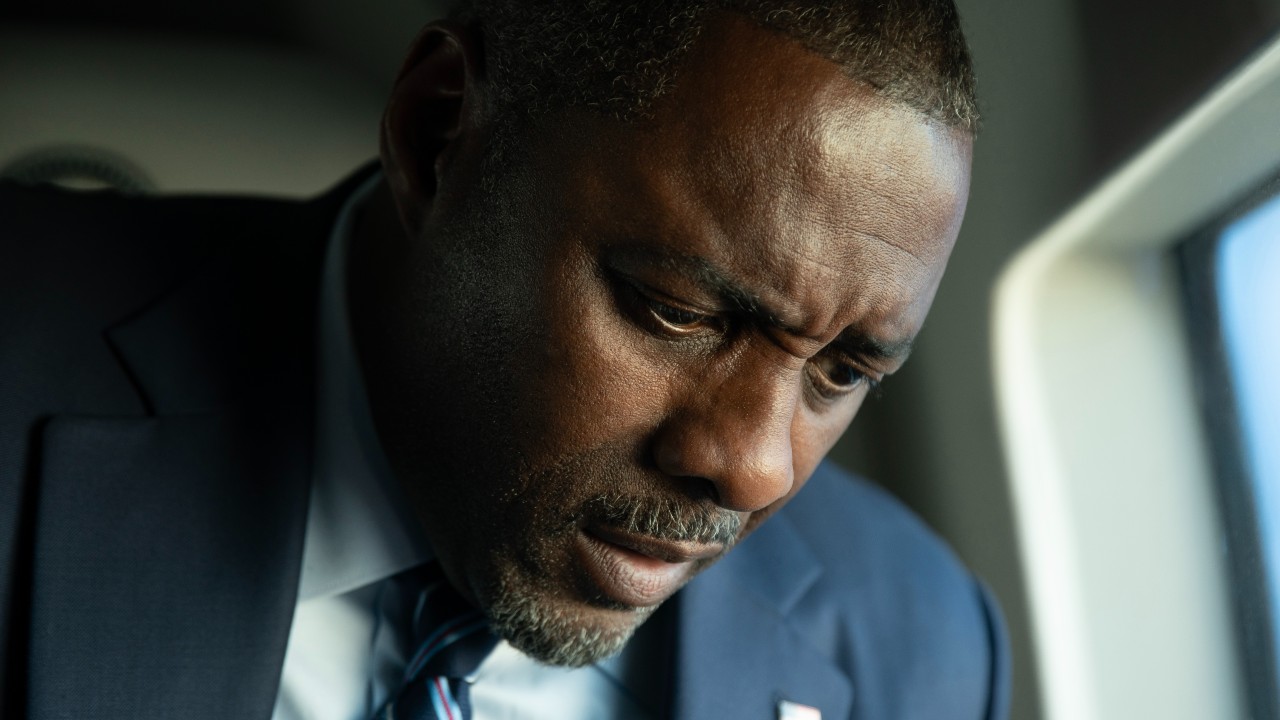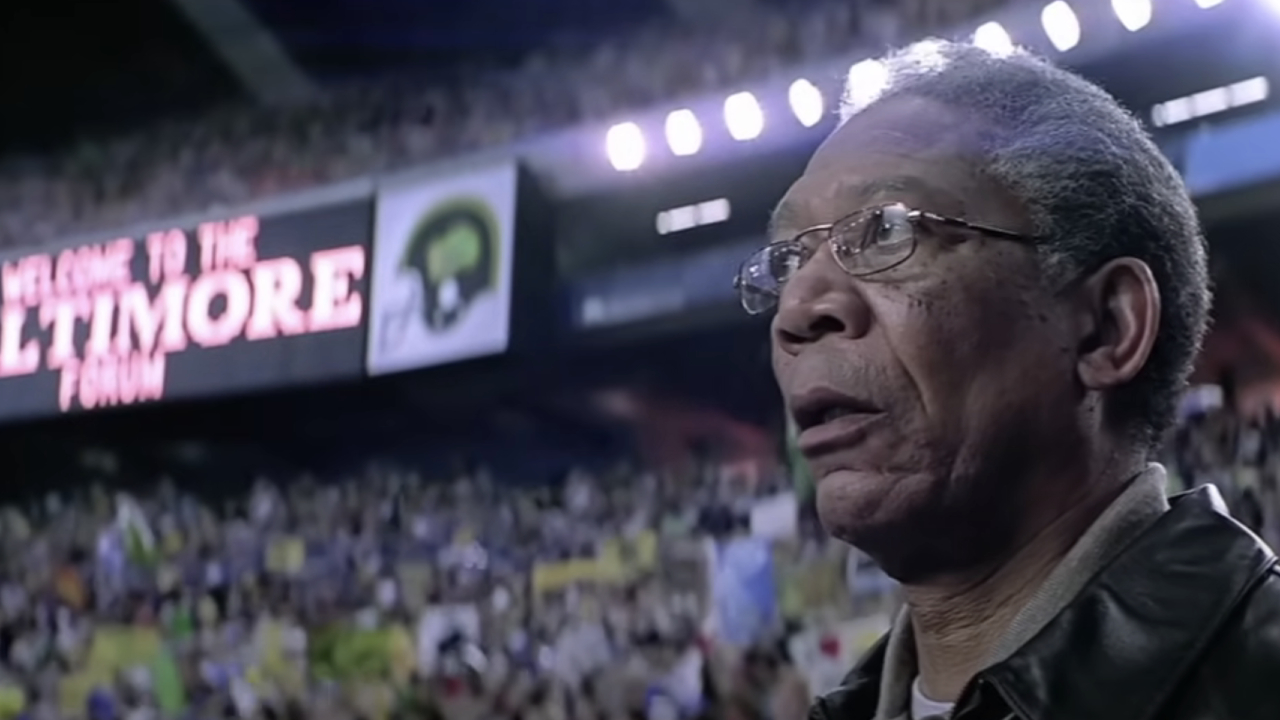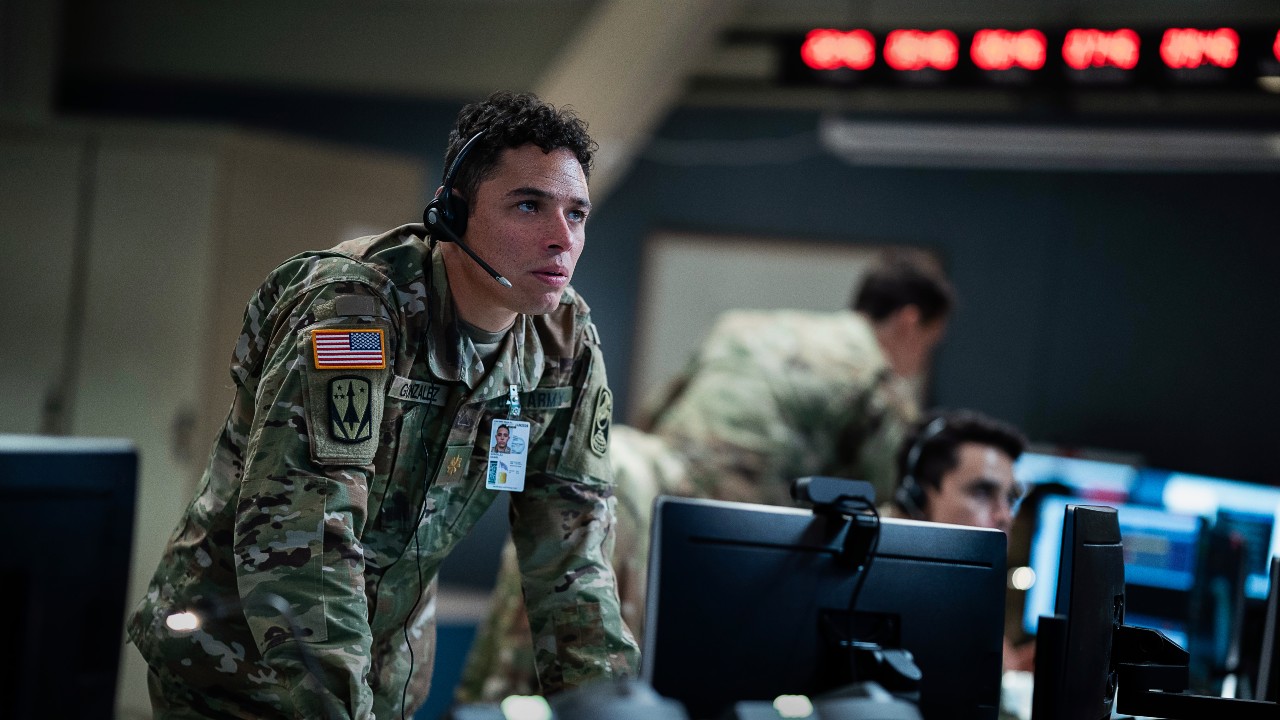
After learning that the movie A House of Dynamite was scheduled for release in 2025, a coworker suggested I read Annie Jacobson’s 2024 book, Nuclear War: A Scenario, explaining that Denis Villeneuve was planning to make it into a film. I quickly started listening to the audiobook, narrated by an award-winning journalist, and was immediately gripped. It was an incredibly intense, disturbing, and unforgettable experience.
Knowing Denis Villeneuve is directing the film adaptation of this book (though he’s currently very busy), I’m both thrilled and anxious to see his take on a story about nuclear war. He’s a truly great filmmaker, and I’m especially excited about a few aspects of the upcoming movie, Nuclear War.

I’m Both Excited And Terrified To See How Villenueve Escalates The Tension Before The First Explosion
Similar to many Cold War thrillers and disaster movies, Nuclear War: A Scenario focuses heavily on building suspense before any bombs actually drop. The book moves quickly, detailing events minute-by-minute—even second-by-second at times—and maintains a relentless, escalating intensity throughout, all within the space of just a few minutes of story time.
Kathryn Bigelow handled a similar challenge effectively in A House of Dynamite, and I’m both excited and apprehensive to see how Denis Villeneuve adapts Annie Jacobsen’s complex story for the screen. It’s sure to be a difficult watch, but the potential for something truly compelling is honestly even more unsettling.

The Nuclear Attack On Washington, D.C. Is Going To Be Insane, And I Don’t Know If I’m Ready
Where the Netflix film A House of Dynamite ends with the threat of a nuclear attack on Chicago, Abbie Jacobson’s Nuclear War: A Scenario dives into what happens next. While the film leaves viewers wondering about the aftermath, the book doesn’t hold back, vividly detailing the devastation and chaos of nuclear war. For example, the book depicts a nuclear explosion over the Pentagon that immediately kills hundreds of thousands, destroys famous buildings, and wipes away centuries of history.
Given Denis Villeneuve’s skill and dedication to spectacular action, this film could feature one of the most impressive explosions ever put on screen. It’s easy to picture his vision of the aftermath – roads melting into lava, people instantly vaporized, and those who survive struggling to comprehend the devastation around them.

This Is Especially True For The Description Of What Happens At The National Zoo
I won’t go into overly disturbing details, but there’s a part of the book describing the aftermath of the first bomb, focusing on the animals at the National Zoo – about seven miles from the Pentagon. Although the book is full of death, destruction, and fear, this section affected me the most and truly upset me.
The animals, like the people in the story, either died immediately in the intense heat and blast, or suffered a slow and agonizing death from burns or suffocation in the aftermath. The book vividly portrays the desperate plight of caged animals – elephants, monkeys, zebras, and others – unable to escape. While showing this level of destruction is important to understand the true power of nuclear weapons, it will undoubtedly be difficult to witness.

The Communication Breakdown That Turns A Single Attack Into A Global Extinction Is Something I’m Dreading
The book Nuclear War: A Scenario, which was also touched upon in A House of Dynamite, highlighted how a loss of communication with government, military, and international leaders could be catastrophic. If Denis Villeneuve adapts the book as a film, he’ll need to emphasize this danger even more strongly.
One section of the book depicts the United States launching nuclear missiles at North Korea in response to an attack. These missiles must travel over Russia, but a radar malfunction leads Russia to believe they are being targeted. Unable to contact the U.S. President, who is either missing or gravely ill, the Russian President launches a massive counterattack – not just a few missiles, but a thousand. And that’s only a glimpse of what happens…

I’m Also Terrified To See How Villeneuve Handles The Fallout Of Nuclear War
Nuclear War: A Scenario imagines a distant future, thousands of years after a devastating nuclear war has erased almost all signs of civilization. While the story eventually hints at a potential new beginning, it primarily focuses on the harsh realities immediately following the attacks. This isn’t the typical post-apocalyptic tale seen in shows like Fallout; instead, it offers a realistic and sobering look at the struggles of those who survived and attempted to rebuild their lives after the bombs fell.
Denis Villeneuve often creates powerfully emotional films that explore difficult themes like loss, destruction, and hope. His upcoming movie promises to be just as intense and heartbreaking, and while it’s likely to be a tough watch, I’m definitely looking forward to it.
Most of Nuclear War: A Scenario unfolds in just 72 minutes – a timeframe that transforms an ordinary day into a global catastrophe. The idea that billions of lives could be irrevocably changed in a little over an hour is deeply unsettling, and now we’ll see how director Denis Villeneuve portrays that terrifying reality.
Read More
- Clash Royale Best Boss Bandit Champion decks
- Mobile Legends January 2026 Leaks: Upcoming new skins, heroes, events and more
- Clash Royale Furnace Evolution best decks guide
- Vampire’s Fall 2 redeem codes and how to use them (June 2025)
- Best Hero Card Decks in Clash Royale
- Mobile Legends: Bang Bang (MLBB) Sora Guide: Best Build, Emblem and Gameplay Tips
- Best Arena 9 Decks in Clast Royale
- Clash Royale Witch Evolution best decks guide
- Brawl Stars Steampunk Brawl Pass brings Steampunk Stu and Steampunk Gale skins, along with chromas
- Brawl Stars December 2025 Brawl Talk: Two New Brawlers, Buffie, Vault, New Skins, Game Modes, and more
2025-11-18 19:15